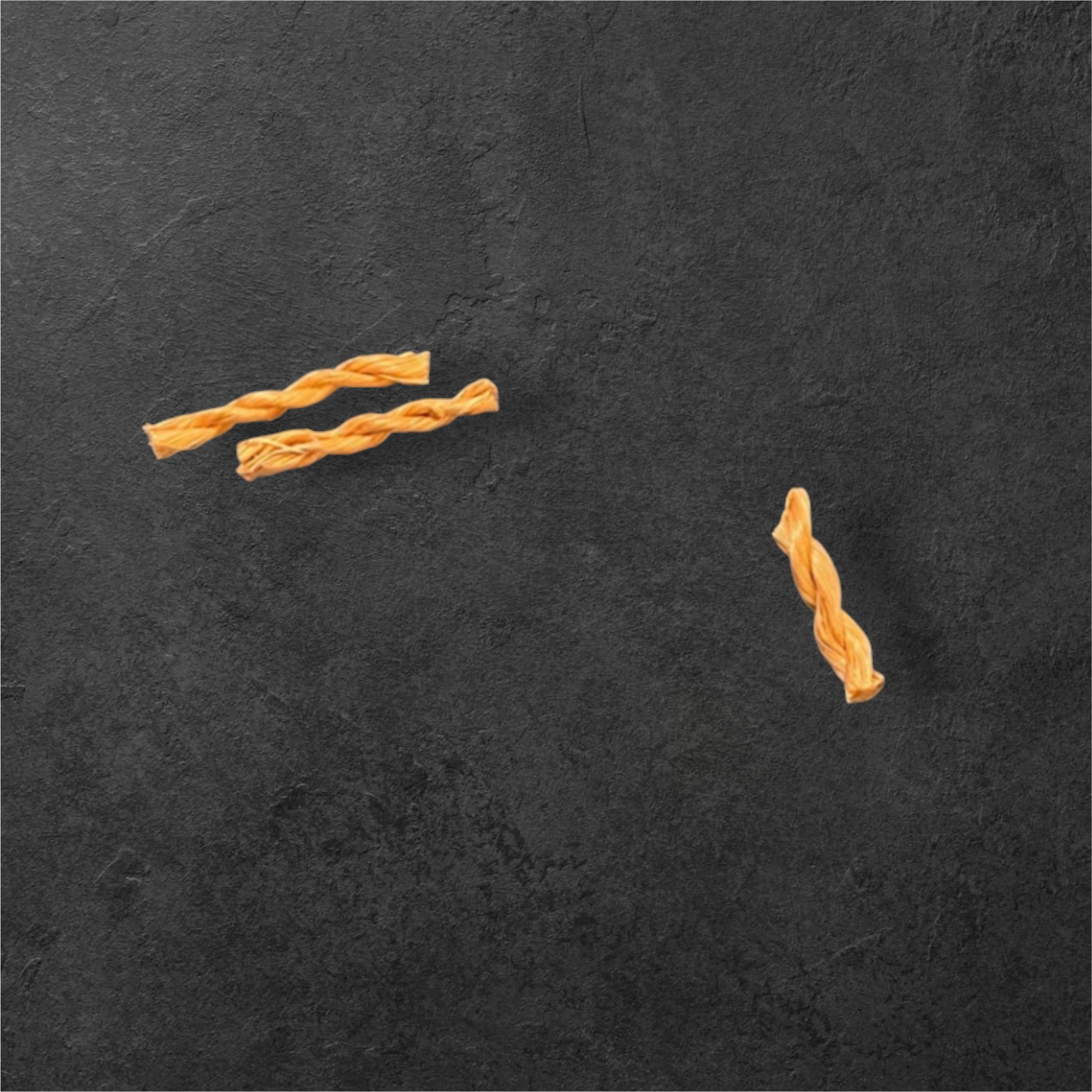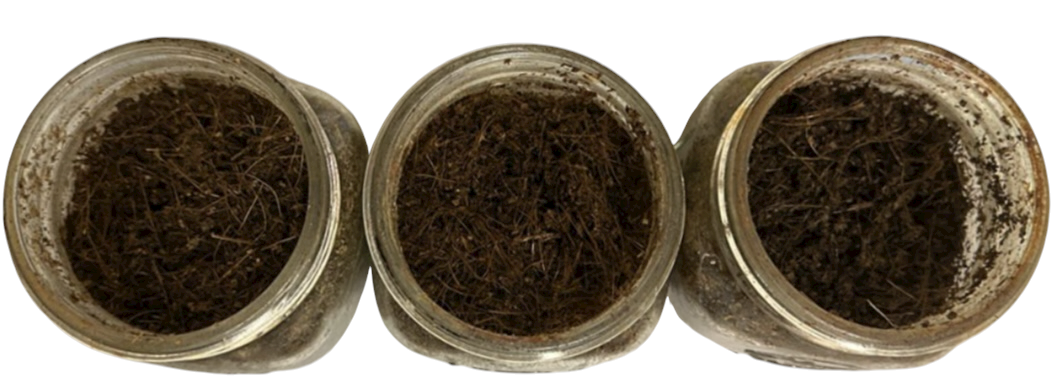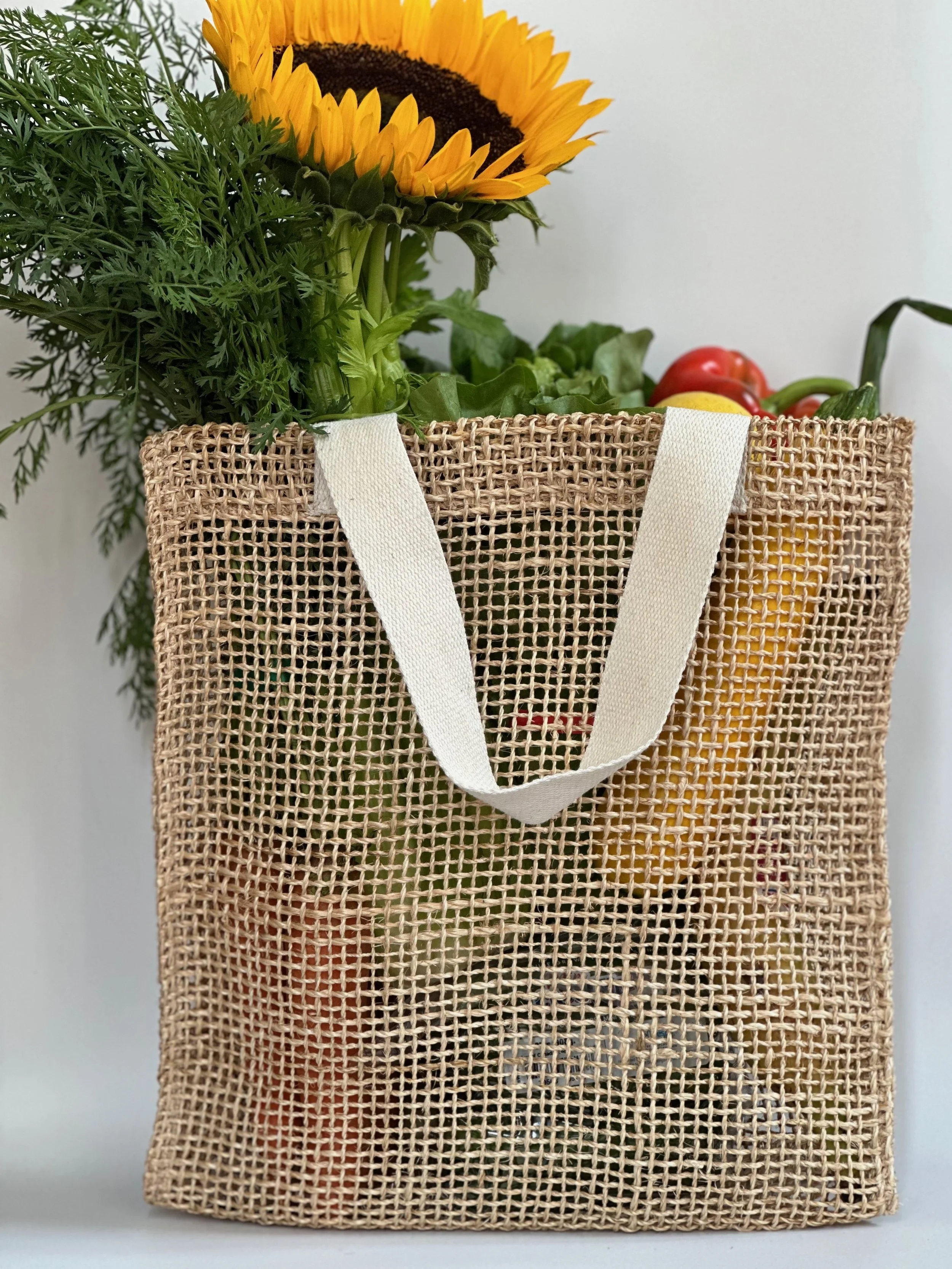Canada’s First Data-Driven Environmental Profile of Abaca Fibre Plant
As the world moves toward responsible sourcing and a zero-waste system, we recognize the need to go beyond claims and provide quantitative evidence that our materials truly make a difference.
In a scientific study conducted by 5Redo, an environmental sustainability lab led by top scientists in Canada, the Clean Market Bag grocery bags were studies on three key performance areas: mechanical durability, industrial compostability, and natural biodegradation. The goal was simple: to verify that our grocery bags can withstand repeated real-world use and return to nature at the end of its life, supporting a circular and low-impact product.Manila Hemp Fiber before the Study
Manila Hemp Fiber Compostability result after 90* days
Key Findings: Durability Meets Circularity
✔ Compostable (tested)
✔ Durable for long-term reuse
✔ Zero microplastics
✔ No chemical coatings
Laboratory-Verified Durability
The Manila hemp fibre, taken directly from our grocery bag, underwent rigorous mechanical testing modeled on ISO 6330 protocols. After three successive machine wash cycles—mimicking real-world user scenarios—tensile strength testing showed only minor changes in elongation and, notably, a slight increase in ultimate tensile strength.Why is this important? Abaca’s unique cellular structure, when properly processed, not only preserves but can enhance fiber-to-fiber cohesion with use, slightly increasing load-bearing capacity. For the Clean Market Bag, the practical result is a maximum supported load rising from 34.4 kg (unwashed) to 42.1 kg (post-wash), outperforming most commercial bag textiles while maintaining high standards of reusability and value retention.Industrial Compostability: Designed for Circularity
Reusable isn’t enough if the end-of-life outcome is landfill. Our samples underwent controlled compostability testing under ISO 20200 conditions (58°C, 90 days). Results confirmed that Manila hemp yarn achieves an average disintegration rate of 89%, essentially meeting the recognized ASTM D6400 criteria for commercial compostable products. Even after strict sieving, barely any original material remained—a powerful testament to alignment between product and planet.Natural Biodegradability: Demonstrating Responsible Disposal
True sustainability involves operating in harmony with nature. Simulated soil biodegradation trials conducted at 25°C, following ASTM D5988 standards, revealed Manila hemp fibre degrading at a rate almost identical to pure cellulose filter paper—a recognized benchmark for biodegradability controls. Over 100 days, Manila hemp achieved a 48.7% disintegration rate in soil, confirming that Clean Market Bag fibers safely reintegrate into the ecosystem under typical disposal conditions.Why This Matters
This scientific validation supports Clean Market Bag’s core mission: delivering materials that empower brands to combine style, performance, and environmental stewardship without compromise. Our Manila hemp fiber bags, tested for durability, compostability, and real-world biodegradability, aim to move the conversation beyond aspiration to measurable environmental impact. We openly share our lab report with partners and clients who seek transparent, data-driven assurances.For the full study and technical annex, please consult the complete PDF report—the 5Redo Study.
On-going R&D with
Our Journey to A Sustainable CleanTech Innovation
Imagine starting with a humble grocery bag made from Manila hemp—a product born from a vision for sustainability and respect for the natural materials. That bag, which now marks the beginning of the study of abaca fibre, symbolises the seed from which a thriving ecosystem of ideas of innovation is growing. In addition, what began as a simple, sustainable product to provide an alternative to plastics at grocery stores is now validated through data demonstrating its durability, compostability, and biodegradability under real-world conditions.
The 5Redo study acts as a catalyst for further scientific investigation of Manila hemp fibre in Canada. By offering a comprehensive, data-driven environmental and mechanical profile, it paves the way for responsible development and validation of sustainable products that combine abaca with Canadian natural resources. This R&D opens up new possibilities for various innovative applications grounded in solid scientific evidence rather than assumptions. The momentum generated by studying a humble grocery bag made from Manila hemp would lead to the creation of more circular, low-impact materials for a rapidly changing marketplace.





